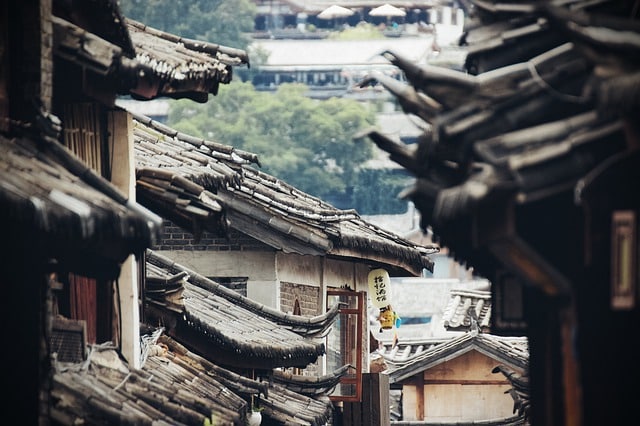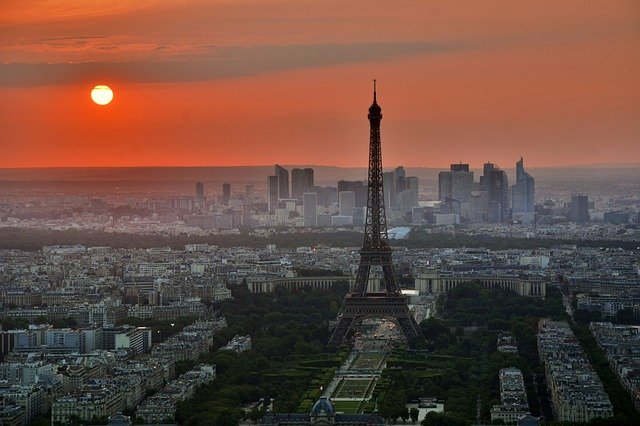
The ancient Chinese imperial examination system laid the foundation for meritocracy
The Royal Spanish Academy ( RAE ), in its dictionary, defines meritocracy as the form of government that assigns positions according to individual merits . In a broader sense, discrimination based on the merits of each person is called meritocracy.
Stimulates individual effort
Meritocracy assumes that positions of greatest power or authority are distributed according to virtues or personal qualities , associating these values with the subject's ability to prevail or excel in a competition against the rest. The meritocratic system, in this way, reserves its hierarchical positions to those who stand out individually.
It is interesting to note that meritocracy has defenders and detractors . For those who promote it, meritocracy is more efficient and fair than other models because it stimulates individual effort and does not make distinctions by race, sex or social class.
Those who oppose meritocracy, on the other hand, warn that this system justifies economic and social inequalities based on supposed merits, without considering the enormous differences that exist at the starting point and in the context of each subject.
Relationship with social Darwinism
In this way, there are those who associate meritocracy with social Darwinism . A meritocratic society encourages wild competition between citizens who are not on equal terms . Parameters that are theoretically neutral actually mask existing social privileges, which are often inherited.
In other words, effort and talent may be insufficient to progress. On the other hand, many people achieve success without trying or being talented; that is, without merit .
In China and France
In China, between the 7th and 20th centuries, there was an imperial examination system that served to recruit bureaucrats known as mandarins . The preparation that the students had to go through consisted of studying the classic works, among which those of Confucius stood out, the well-known thinker to whom the doctrine called Confucianism is attributed. Confucius gave great importance to rituals and education to form good people who could serve the State.
At the Hanlin Academy , an institution founded by Emperor Xuanzong in the 8th century, the method used could be considered typical of meritocracy. In short, a group of talented people was selected, leaving their origins in second place and focusing on their work. It was a system that was in force from the 14th century until 1905, when it was abolished; Its purpose was to oppose the aristocracy . There are scholars who find a direct influence of this method on the procedures based on psychology to select and evaluate officials in England and other European countries.

The Jesuits brought meritocracy from China to France
Precisely, one of the countries in which this inspiration can be seen is France, where a system based on competition is applied to recruit public servants. This is also the case in the Great School , the name by which certain public and private institutions are known that are dedicated to high-level higher education and select their students through a strict competition. The arrival of these ideas to French soil took place through the Jesuits.
Between the years 1704 and 1711, the renowned philosopher, historian, lawyer and writer Voltaire studied with the Jesuits at the Lycée Louis-le-Grand . In 1770, he praised the Chinese government for only granting power to the most capable, to people who had passed extremely difficult exams . He also said that it was a country where merit and virtue were set as the main objectives to be achieved, and where social origins were not a barrier to going far.
